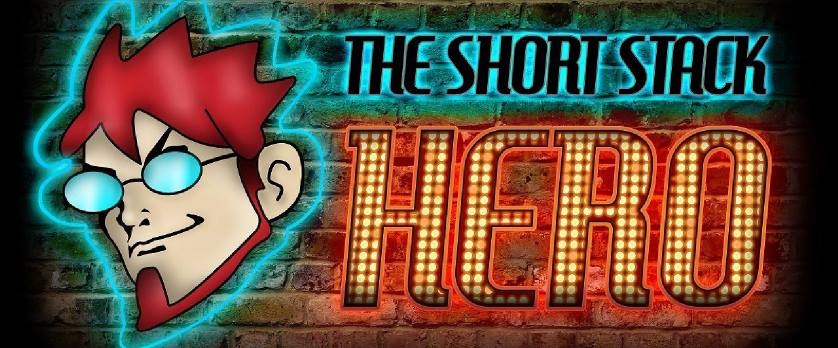In his seminal work "The Book of Five Rings", Miyamoto Musashi laid down a treatise for out thinking your opponent in combat. A major basis for this philosophy was using all the tools available to you. For example, samurai at the time carried 2 swords. A long sword called a Katana (which was the standard weapon of the samurai) and a mainly ceremonial short sword called a Wakizashi which was basically carried to be used when indoors after the samurai had politely surrendered his Katana at the door. The right to carry 2 swords was reserved only for the samurai class, so as a mark of station they all carried them. In combat, however, no samurai used both swords. This seemed asinine to Musashi, if you had two swords, why not use them. He was never defeated in battle by the way and retired a legend (and still is today).
He expounds on this principle further when speaking of a carpenter and his selection of material. Know what kind of wood is good for what and use it accordingly (this was a note to Generals about the use of their troops but follow along). Use stong but gnarled and knotted wood for supports inside the wall. Use the straight and even but weaker wood for decoration, etc...you get the drift. Now take a second and apply that to your poker game.
We all have our own skill set. We have been trained through our devotion to this cruel mistress of a game to push all the small edges. Too often I think that we apply that concept to cards, pot odds, position, dead money and all the other galaxy of concepts that we try to keep in our head. When was the last time you tried to push YOUR edge? When did you use YOUR skill set to establish situations that give you an edge? Are you disciplined enough to wait for the right situation? Are you better at post flop play? Do you have the ability to fire a 3 barrel bluff when you need to? There is a reason that even Top Pros don't play exactly the same. Nobody would argue that Phil Hellmuth and Daniel Negreanu aren't both great poker players, but their styles are very, very different. They were both able (as well as every other truly great player) to figure out what they do well and use it. They took the wood they had and used it to build a palace....
Another great example of this is Bruce Lee and his Art of Jeet Kune Do. Unlike most other styles which taught all disciples to fight the same way, Jeet Kune Do stressed taking the natural strengths of an INDIVDUAL and finding the style that worked for THAT INDIVIDUAL. Bruce's system was based on Wing Chun Kung Fu, Boxing, French Fencing, and the Japanese Tea Ceremony (I couldn't make this up, I'm not that clever) because that was what worked with his personality and his bodies natural abilities.
Now don't get me wrong, we all have to work on our weaknesses. Which we all do. When was the last time you stopped and thought about what advantages you have over your oppenents? Lorin and I are pretty good examples. We have entirely different skill sets. He has more discipline (when it comes to poker) than any person I have ever met. He is also very competitve and very analytical. He wants to find THE answer. You put those together and he is fucking ICEMAN from Top Gun. He doesn't make a mistake and will wear the whole table down until they get frustrated and do something stupid. He is too proud to get impatient or make a mistake. I, on the other hand, have very little patience, rely a little more on reads and look for AN answer, not necessarily THE answer. We traditionally played very differently, but fortunately we have found a system that allows both of us to use our particular skill sets, and helps us develop those skills we lack while providing a safety net of sorts.
If you are reading this, you are either a serious devotee of the fickle Poker Bitch, or you have entirely too much time on your hands. Regardless, do yourself a favor and before you log in for your next session, put down the book that somebody wrote about how THEY play, and think about how YOU should play. What are your strengths (and how can you use them) and what are your weaknesses (and how can you not let them be a liability while you fix them). What is your second sword? If you can really master that, someday I will probably be reading YOUR book....
Good luck at the tables (and away from them as well)....

No comments:
Post a Comment